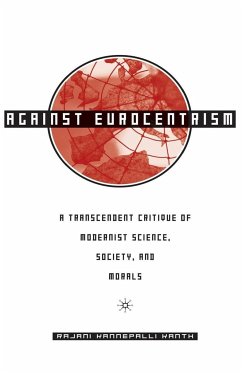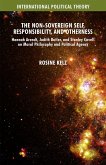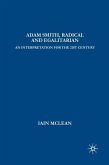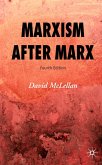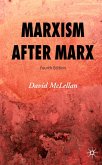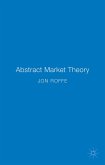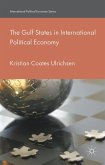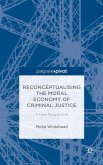This book renders an uncompromising verdict on the 'scourge' of our millennium: modernism, itself the artifact of certain late Eurocentric propensities. Kanth argues that while modernism is possessed of some virtues, they are purchased at far too high a cost - indeed a cost that neither the species nor the planet can, on any scale, find affordable. Given the imminence and the gravity of this threat, he further suggests that no other posture is at all ecologically responsible. Kanth suggests, breaking with the manifold paradigms of European expansionism or find ourselves, soon enough, living on a planet damaged beyond recovery.
Hinweis: Dieser Artikel kann nur an eine deutsche Lieferadresse ausgeliefert werden.
Hinweis: Dieser Artikel kann nur an eine deutsche Lieferadresse ausgeliefert werden.
"This is an innovative and original analysis. It does not fall easily into any one category, nor should it. This book stands alone. It is a self-contained polemic, a railing against the Enlightenment and modernism. However, because it has a broad argument, it should have a broad audience. It will be of interest to students of philosophy, sociology, politics, anthropology and cultural studies." - Jonathan Joseph, Department of Politics and International Relations at the University of Kent at Canterbury
"This is a sophisticated, acerbic analysis of Western thought. It sometimes exaggerates, but never misreads. It forces us to reassess what modernity has wrought in a powerful critique, akin in spirit to Fanon's Wretched of the Earth."
- Immanuel Wallerstein, Yale University
"A passionate invitation for us to consider the deformations and dangers of post-Enlightenment modernism and our own potential to return to a better world."
- Roger Owen, Harvard University
"This is a sophisticated, acerbic analysis of Western thought. It sometimes exaggerates, but never misreads. It forces us to reassess what modernity has wrought in a powerful critique, akin in spirit to Fanon's Wretched of the Earth."
- Immanuel Wallerstein, Yale University
"A passionate invitation for us to consider the deformations and dangers of post-Enlightenment modernism and our own potential to return to a better world."
- Roger Owen, Harvard University

